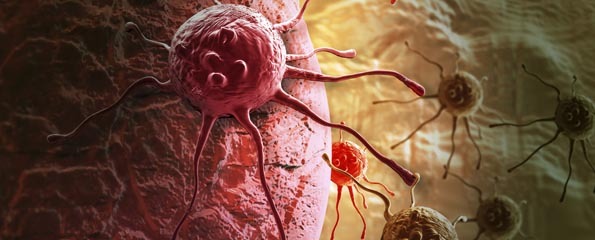October is breast cancer awareness month. We see many ads with pink ribbons, the symbol to remind women all over to get their mammograms done. This is a very important reminder and we need to keep reminding women everywhere to do monthly self breast exams and following the guidelines for doing their mammograms. Additionally, if there is a strong family history of breast cancer, other genetic testing may also be advised. This is extremely important because less advanced cancers are much easier to treat. The longer a cancer is present, the more chance it can spread and become incurable. But, the breast cancer campaign overlooks a forgotten minority: men with breast cancer.
Less than 1% of all breast cancers occur in men but they tend to have a higher mortality rate. Every year, over 2,000 men will be diagnosed with breast cancer and 400 me die every year of this disease. Men are often diagnosed at a much later stage than women. This is because many people believe that breast cancer is only a “woman’s disease”. Men will delay seeking treatment when they discover a breast lump because the thought of breast cancer does not cross their minds. And many health care professionals will often mistake it for a more benign condition such as gynecomastia, fatty accumulation under the nipple.
Additionally, many men also face a certain stigma when they are diagnosed with breast cancer. They are often embarrassed to share their diagnosis with others. Many breast cancer settings are also designated women’s centers making it even more uncomfortable for men to seek treatment. It has occurred on a few occasions that I advised a man that they needed to get a mammogram and they thought I was joking.
Much money is being spent on breast cancer research in women. Men are not so carefully. For the most part, they are treated similarly to women. In fact, these cancers can be very hormone sensitive so there must surely be big differences in the focus of treatment between men and women. Research is needed focusing on breast cancer treatment in men and the role male hormones play in this disease. Distinctions need to be made between how cancer behavior plays out in men and women.
While we all recognize breast cancer awareness as a great campaign, we need not to forget that it is not only a disease of women. We need to raise awareness that men can and do indeed develop breast cancer. We also need to learn the differences between the sexes. And we need to get rid of the stigmas that surround breast cancer in men. Not only is it devastating to be diagnosed with a deadly cancer but no one should be embarrassed because of it. It is time for us all to step up and end the stigma.
 Copyright secured by Digiprove © 2014 Linda Girgis, MD, FAAFP
Copyright secured by Digiprove © 2014 Linda Girgis, MD, FAAFP


